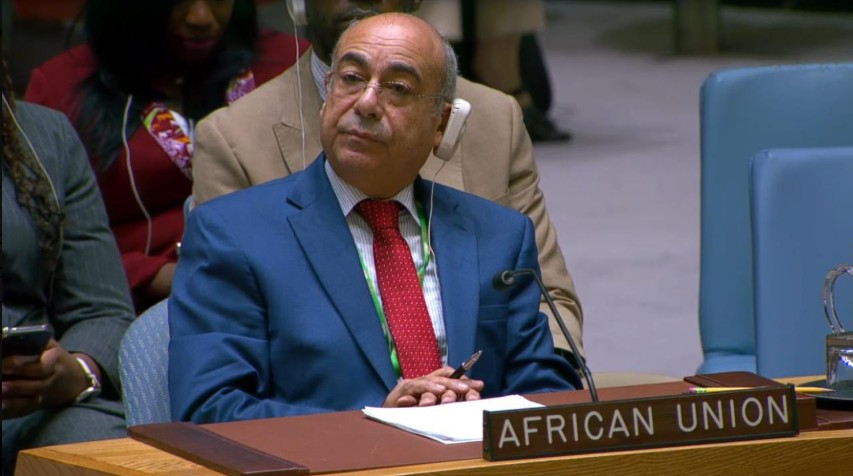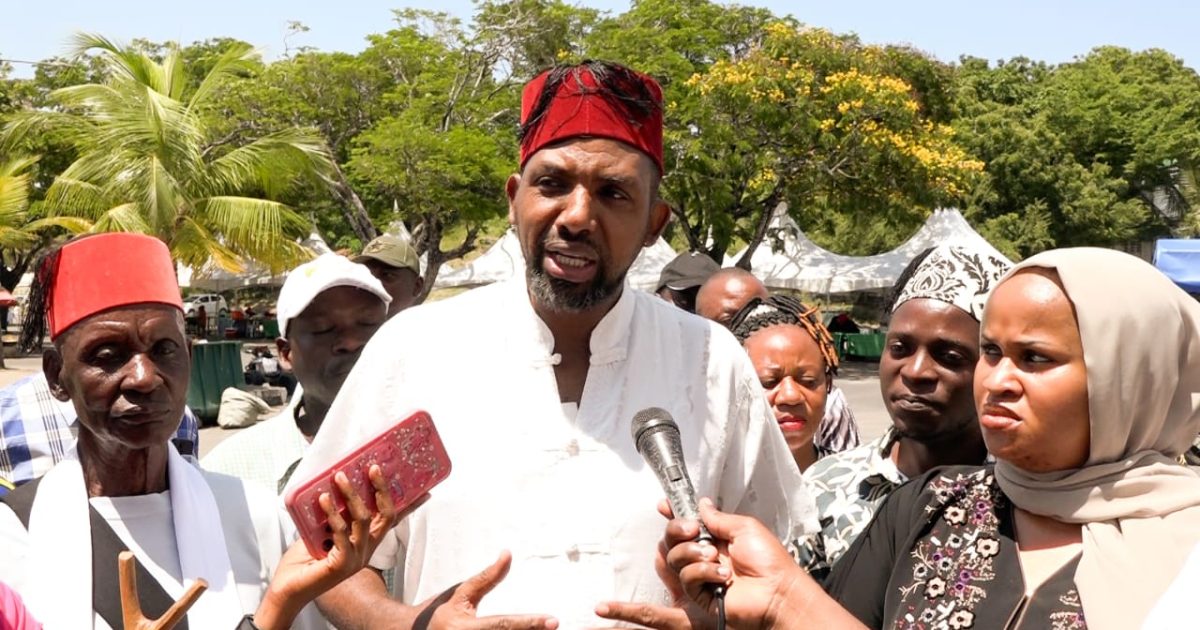AU warns of unprecedented security threats, urges urgent global action to stabilise Africa

Speaking at a United Nations Security Council session on AU–UN cooperation, the bloc stressed that only collective action can address the conflicts, terrorism, and governance crises destabilising parts of Africa.
The African Union (AU) has warned that the continent is facing “an unprecedented wave of threats to its security,” calling for urgent, coordinated action to restore peace and stability.
Speaking at a United Nations Security Council session on AU–UN cooperation, the bloc stressed that only collective action can address the conflicts, terrorism, and governance crises destabilising parts of Africa.
More To Read
- African Union condemns failed Benin coup, demands immediate return to constitutional order
- African leaders hail historic peace agreement between Rwanda and DRC
- Historic Algeria declaration frames colonialism as multidimensional crime
- Nigeria provides safe haven for Guinea-Bissau opposition leader as coup crisis deepens
- AU calls for rapid tech adoption in farming to shield continent from food crises
- Wave of coups in Africa: What President Paul Kagame thinks
Representing the AU, Ambassador Mohamed Fathi Ahmed Edrees told the Council that the continent’s challenges demand “solutions to achieve greater stability.”
His remarks come amid growing insecurity in the Horn of Africa, Sudan, South Sudan, and the Great Lakes region, where overlapping crises have displaced millions and strained humanitarian systems.
The UN’s Special Representative for the AU, Parfait Onanga-Anyanga, acknowledged notable progress, particularly in supporting “free, fair, and credible elections” in Botswana, Ghana, Mauritius, and Malawi.
However, he cautioned that the number and complexity of African conflicts remain “deeply concerning,” citing weak governance, violent extremism, inequitable resource distribution, organised crime, and the effects of climate change.
Underlying causes
“No military solution whatsoever can resolve the underlying causes of the conflict in the DRC or elsewhere in Africa,” Onanga-Anyanga told the Council, urging member states to use their influence to promote peaceful settlements.
He further highlighted the disproportionate impact of insecurity on women and girls and described climate change as a major “conflict multiplier” worsening instability across the continent.
Martha Pobee, the UN Assistant Secretary-General for Africa, briefed the Council on progress in implementing Resolution 2719 (2023)—a landmark framework adopted to strengthen AU–UN cooperation on peace support operations.
The initiative seeks to close long-standing gaps in Africa’s peace and security architecture, with four key workstreams already in motion.
According to Pobee, significant progress has been achieved in joint planning mechanisms, mission support frameworks, financial arrangements, and compliance standards for AU-led operations.
These efforts, she said, “seek to ensure that our collaboration is grounded both in strategic vision and operational practicality.”
The meeting underscored Africa’s growing call for more predictable, reliable, and equitable support from the international community in addressing its security challenges.
Top Stories Today













































